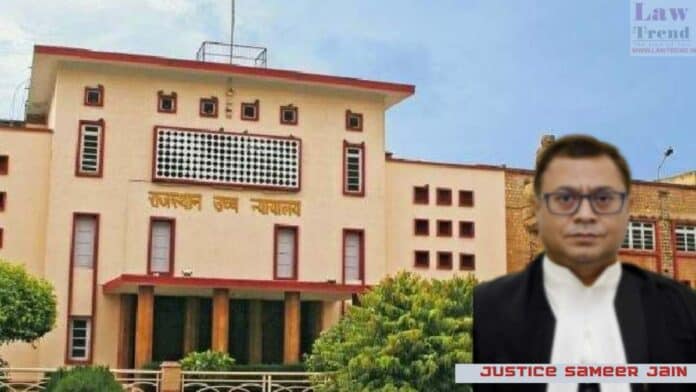The Rajasthan High Court has issued comprehensive guidelines on providing police protection to couples and individuals facing threats to their safety due to personal choices, in a significant judgment that emphasizes the state’s duty to safeguard constitutional rights against extra-legal coercion. Justice Sameer Jain delivered the ruling in S.B. Criminal Writ Petition No. 792/2024, which




